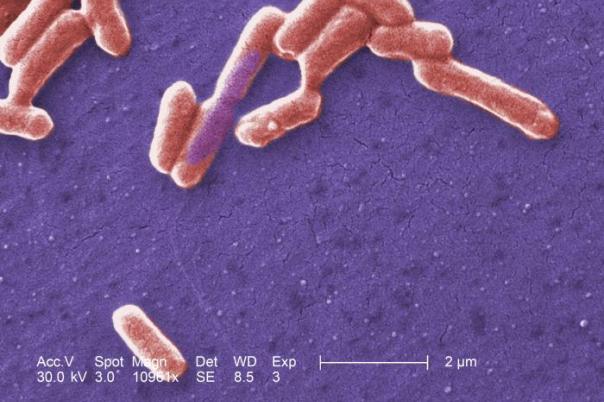This presentation delivered by Yingnan Zhang from Genentech’s Department of Biological Chemistry, outlines the development of a drug discovery platform. This platform, using phage display disulfide constrained peptide (DCP) scaffolds has led to the discovery of a potent and specific peptide inhibitor against the serine protease HTRA1. DCPs are highlighted for their thermal stability, resistance to protease digestion, and potential for chemical synthesis and recombinant expression. These properties make them ideal candidates for drug discovery.
Phage display is used for constructing diverse libraries of DCPs. This method allows for the identification of effective binders against various proteins, demonstrating the versatility and effectiveness of the DCP library. The presentation details the development of a highly potent and specific inhibitor against HTRA1, which is significant for treating dry AMD. The inhibitor binds to the S prime site of HTRA1, blocking substrate access and locking the enzyme in a non-competent active site conformation.
Despite the discontinuation of the anti-HTRA1 antibody program, the DCP inhibitor remains a valuable tool for studying HTRA1 biology. The presentation also mentions the potential for further optimization and application of the DCP platform in drug discovery. The drug discovery modalities are divided into biologics and small molecules, with peptides positioned between them due to their unique properties. Biologics have advantages like targeting protein-protein interactions and long systemic half-life but face challenges in tissue penetration and oral bioavailability. Peptides offer good tissue penetration and potential oral bioavailability but suffer from stability issues.
Disulfide constrained peptides (DCPs) have multiple disulfide bonds, providing thermal stability and resistance to protease digestion, making them ideal for drug discovery. Phage display is a powerful tool for protein engineering, and its application to peptide engineering allows the construction of diverse libraries for drug discovery. A large ensemble of DCP libraries was constructed, showing effectiveness against 15 out of 16 tested proteins, although foldability varied among different scaffolds.
Using the DCP library, a highly potent and specific inhibitor against HTRA1 was developed, which is significant for treating dry AMD and compatible with new drug delivery systems. The DCP inhibitor binds to the S prime site of HTRA1, blocking substrate access and locking the enzyme in a non-competent active site conformation, providing high selectivity. Despite the discontinuation of the anti-HTRA1 antibody program, the DCP inhibitor remains a valuable tool for studying HTRA1 biology and potentially other applications.






